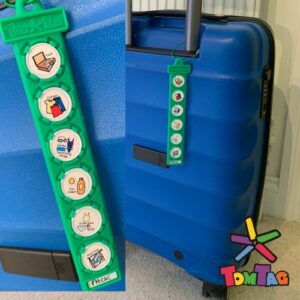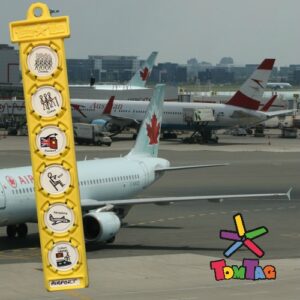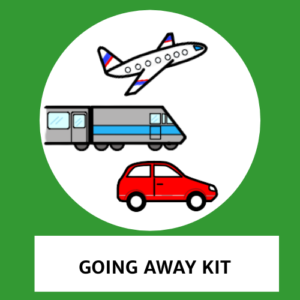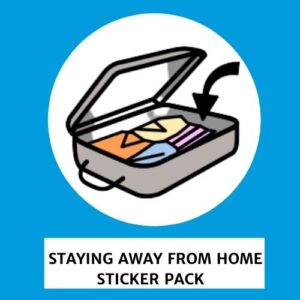
Does your child get anxious about school trips, days out or family holidays?
My son has autism and any trip away from home can be a challenging prospect. This is because like many children with autism, he struggles with routine changes, sensory issues and an intolerance of uncertainty.
However, over the years we’ve learnt that with planning and preparation, days out and holidays can be enjoyed rather than endured. We’d like to share our top tips in order to help other parents and carers facing similar issues.
Plan, plan and plan again!
- Try searching for ‘autism friendly’ holidays or days out. The National Autistic Society has a list of companies and organisations who hold an Autism Friendly Award.
- Contact hotels or venues to explain your circumstances and your child’s needs – if they don’t seem supportive then look elsewhere.
- Check out a destination or venue in advance. If possible make a pre-visit or get a map and consider any potential trigger areas and quiet zones you could head to in case of a meltdown.
- Practice unusual events such as packing and unpacking a suitcase. A packing checklist is a great way to involve your child in holiday preparations and encourages independence.
- Use visual schedules to show your child what to expect on the holiday, give structure to their day, and help with transitions between activities.
- Social stories are a useful way to explain what ‘going on holiday’ actually means. Depending on your child’s language ability, you can discuss what concerns they have about the holiday or trip and then work with them to come up with a list of possible solutions.
- If you’re travelling by plane, check the airport website to see if they offer any visual guides or booklets. Manchester and Gatwick have excellent guides and many UK airports now offer autism specific page on their websites. You may also be able to request a wristband or lanyard which entitles you to use the fast-track lanes at security or access quiet waiting rooms. Alternatively, you might want to make your own visual schedule for the airport to explain the process.
Hope for the best, prepare for the worst
However well you plan there’s no guarantee that unexpected events , such as delays won’t occur. It’s a good idea to have a ‘distraction’ pack to hand. A bag containing snacks, music or noise-cancelling headphones, games or entertainment devices to head off any potentially challenging behaviour.
Consider a form of identification such as a card or ID holder attached to your child’s clothing (such as a belt loop) just in case they wander off or become lost. This should give their name, your contact details and any medical requirements. Even if your child is capable of providing this information themselves, in a new and stressful setting this will be much harder.
Helpful resources
We used the kit I know what to expect going away to make the checklists and schedules shown.
The National Autistic Society have some helpful fact sheets with information about school trips and going on holiday.
A really informative blog Autism and UK airports – improving assistance for passengers with autism has a brilliant summary of what’s available at UK airports.





